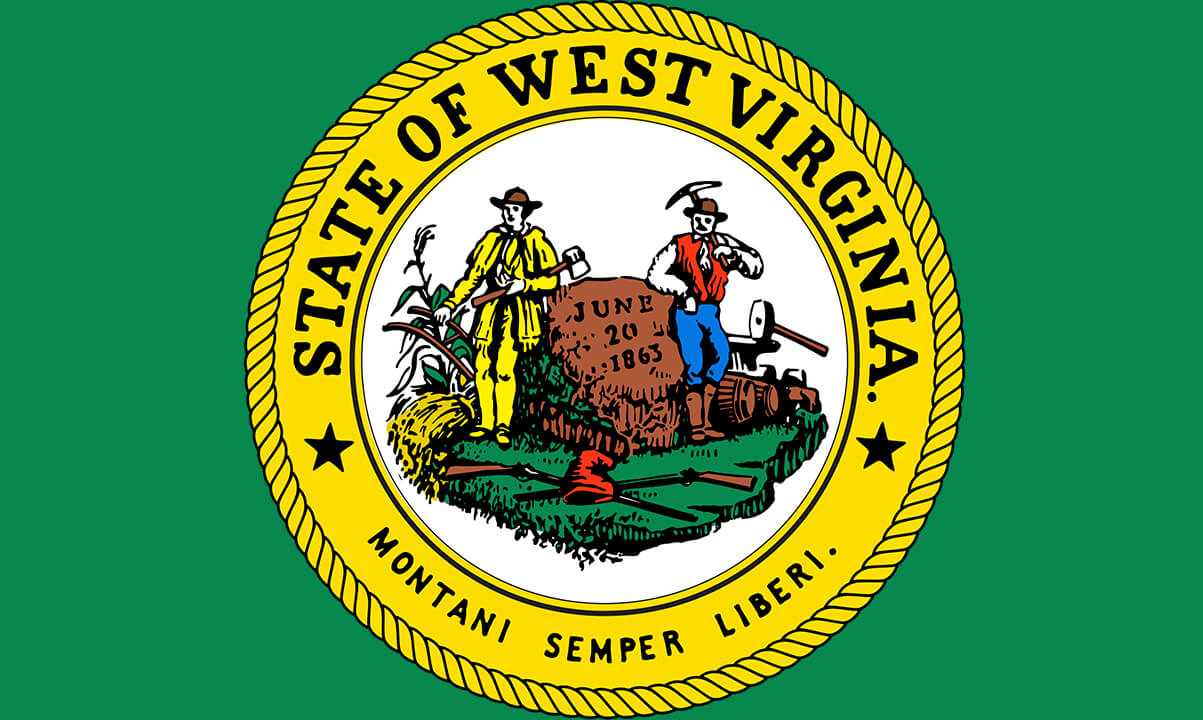Traditionally observed on the second Monday in October, Columbus Day commemorates the landing of Columbus in the “New World” (on a small island off Florida) on October 12, 1492.
Although Christopher Columbus clearly was not the first European to visit the “New World” (Vikings had traveled here centuries earlier), he first widely publicized, and thus “discovered,” its existence to the Europeans. Columbus undertook his first voyage facing the prospect of great danger. The professional opinion of that day not only assured him of the impossibility of his proposed endeavor, but it also warned him that dragons and death awaited him beyond the charted waters. With such advice coming from the intellectual leaders of his day, his decision to embark on this unprecedented journey must have been difficult. So, then, why did he set out? Columbus himself answered that question in his own writings:
[O]ur Lord opened to my understanding (I could sense His hand upon me) so it became clear to me that it [the voyage] was feasible. . . . All those who heard about my enterprise rejected it with laughter, scoffing at me. . . . Who doubts that this illumination was from the Holy Spirit? I attest that He [the Holy Spirit], with marvelous rays of light, consoled me through the holy and sacred Scriptures . . . they inflame me with a sense of great urgency. . . . No one should be afraid to take on any enterprise in the name of our Savior if it is right and if the purpose is purely for His holy service. . . . And I say that the sign which convinces me that our Lord is hastening the end of the world is the preaching of the Gospel recently in so many lands.1
Interestingly, in the 1892 Supreme Court decision Church of the Holy Trinity v. U. S., the Court unanimously affirmed that America was indeed a Christian nation. In so doing, it cited dozens of precedents from American history, including that of Christopher Columbus, acknowledging:
From the discovery of this continent to the present hour, there is a single voice making this affirmation [that America is a Christian nation]. The commission to Christopher Columbus . . . [recited] that “it is hoped that by God’s assistance some of the continents and islands in the ocean will be discovered,” etc.2
It is especially because of Columbus’ religious motivations and convictions that today he has become a villain for most modern educators and writers, who regularly attack and condemn him. They have adopted the deplorable modern educational practice of deconstructionism – of attacking traditional Western heroes, values, and institutions.3
But if you want an historically accurate portrayal of Columbus and early other explorers, consult Dr. John Eidsmoe’s book, Columbus & Cortez, Conquerors for Christ.
Endnotes
1 Christopher Columbus, “Letter from the Admiral to the King and Queen,” Christopher Columbus’s Book of Prophecies, trans. Kay Brigham (Fort Lauderdale: CLIE Publishers, 1992), 178-179.
2 Church of the Holy Trinity v. United States, 143 U.S. 457, 465 (1892).
3 David Barton, “Deconstructionism and the Left,” WallBuilders.
Still looking for answers? Visit our FAQ page
More Resources
Know the Truth and Protect Your Freedoms.
Still looking for answers? Visit our FAQ page
Stay Informed with the Latest Resources
Enter your email address to receive our regular newsletter, with important information and updates right in your inbox!










